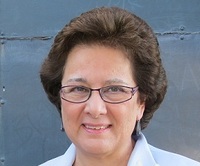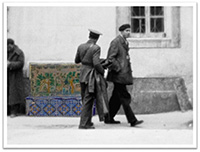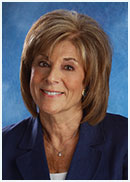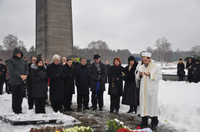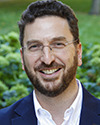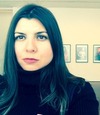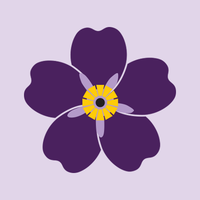 As we approach the 100th Anniversary of the Armenian Genocide, The Center for Holocaust and Genocide Studies, the Human Rights Program and the Institute for Global Studies will be hosting three days of events to commemorate this centennial. The events will include the Arsham and Charlotte Ohanessian Lecture featuring Professor Bedross Der Matossian, which is open to the public (April 23), a student conference, entitled "One Hundred Years of Genocide" (April 24), open to the public, and a K-16 teacher workshop (April 25).
As we approach the 100th Anniversary of the Armenian Genocide, The Center for Holocaust and Genocide Studies, the Human Rights Program and the Institute for Global Studies will be hosting three days of events to commemorate this centennial. The events will include the Arsham and Charlotte Ohanessian Lecture featuring Professor Bedross Der Matossian, which is open to the public (April 23), a student conference, entitled "One Hundred Years of Genocide" (April 24), open to the public, and a K-16 teacher workshop (April 25).The objectives of these events are to promote public understanding of the genocide and the fates of those who lost their lives and those who escaped. The events will also analyze responses by the international community, and discuss the long-term implications for international policy and actions to prevent and respond to genocide.
Thursday, April 23, 7:00pm
Bedross Der Matossian, University of Nebraska, Lincoln
"The Armenian Genocide Historiography on the Eve of the Centennial: From Continuity to Contingency"
Humphrey School of Public Affairs, Humphrey Forum
open to the public
Friday, April 24, 8:45am - 5:00pm
100 Years of Genocide - Student Conference
Humphrey School of Public Affairs, Room #25
open to the public
Saturday, April 25, 8:45am - 3:00pm
World War I and the Armenian Genocide - Teacher Workshop
1210 Heller Hall
Saturday, April 25, 11:00am - 1:00pm
Guided Tour of Bdote, sacred Dakota site at Ft. Snelling State Park
led by Professor Iyekiyapiwin Darlene St. Clair
Events organized by the Center for Holocaust and Genocide Studies, Human Rights Program, Institute for Global Studies, Center for Austrian Studies, and Ohanessian Chair. Made possible by the Ohanessian Endowment Fund for Justice and Peace Studies of the Minneapolis Foundation.



